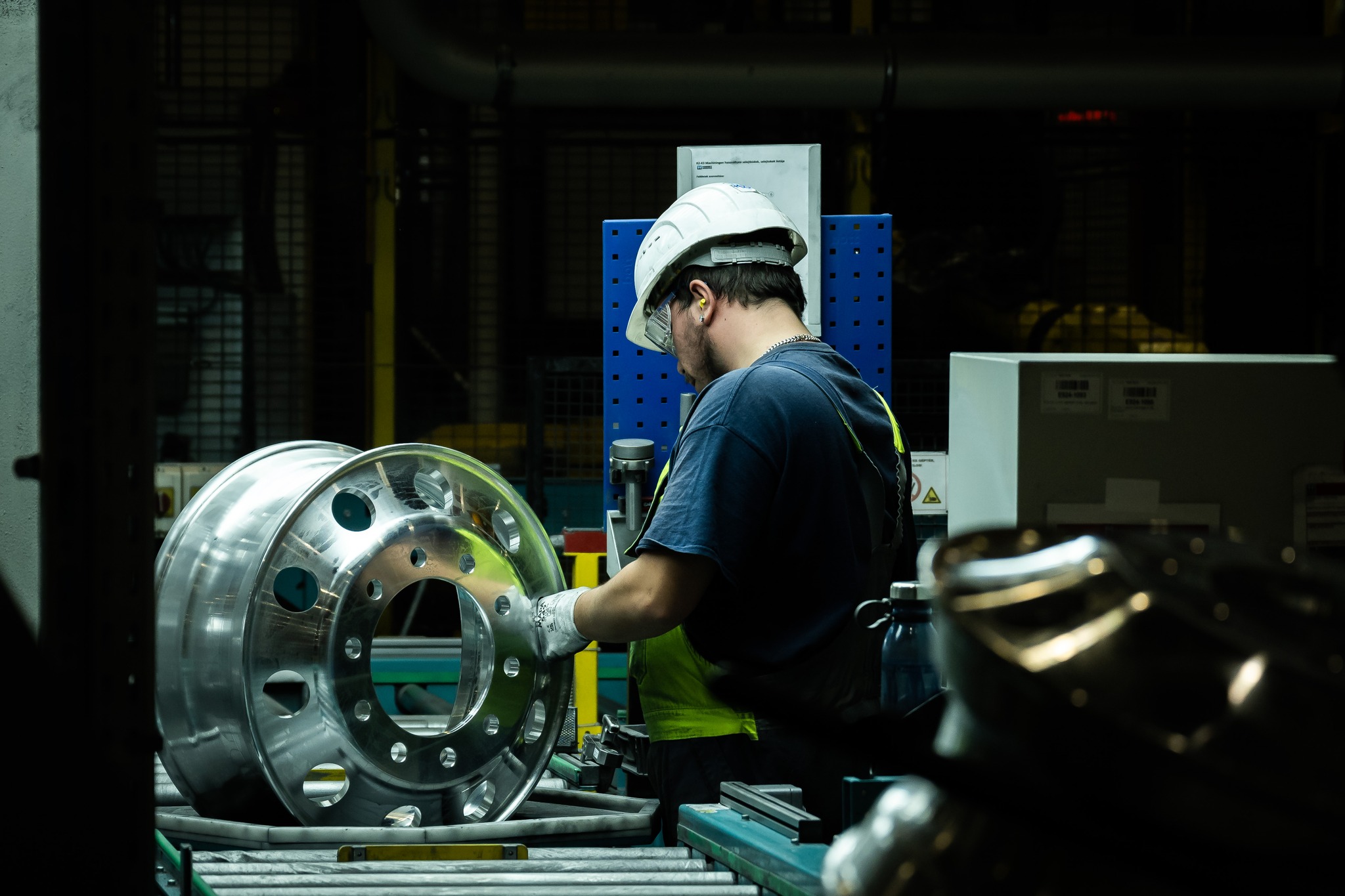
Despite global challenges, Hungary achieved a remarkable performance, consistently setting investment records.Continue reading
Hungary is confidently returning to the path of economic growth this year, thanks to record investment, and next year it will once again be among the top performers in the European Union, Minister of Foreign Affairs and Trade Péter Szijjártó said in Mátranovák (northern Hungary).
At the handover ceremony of Alstom‘s investment, the Minister noted that the French engineering group’s HUF 6 billion (EUR 15 million) development included the purchase of state-of-the-art machinery that will increase production capacity by 40 percent.
As a result, Hungary will become one of the largest bogie frame plants in Europe.
The project has been supported by the state with HUF 1.2 billion (EUR 3 million), contributing to the creation of 150 new jobs, he said, adding that the company will not only employ a large number of skilled workers in shortage occupations, but will also introduce new welding technology in Mátranovák.
Péter Szijjártó also pointed out that France is the second largest economy in the European Union and
remains one of the top five investors in Hungary, with HUF 2,000 billion (EUR 5 billion) worth of corporate investment.
In his speech, Minister Szijjártó also touched on the recent crises, underlining that the world economy has been turned upside down three times in five years, there is a lot of unpredictability, and Europe has been particularly exposed to the changes that have taken place. “Closed borders during the COVID pandemic have made it clear that supply chains are vulnerable, the war in our neighborhood has made well-established Eurasian cooperation virtually impossible, and the conflict in the Gaza Strip has meant that a significant proportion of shipments from the East to Europe has had to bypass the whole of Africa,” he said.
He highlighted that the dramatic deterioration in European competitiveness and the fact that the EU is now only the third largest economy in the world after the U.S. and China is no coincidence.
However, even these difficulties could not break Hungary’s economy, in which the government’s investment promotion policy had played a major role, he noted. The Minister added that it was the right decision for the government to stick to an investment-based economic policy and not to return to an aid-based policy. “It is much better to finance the prevention of unemployment than unemployment itself,” he emphasized. He recalled that
EUR 13 billion was already invested last year, allowing Hungary to confidently return to growth this year and return to the top of the EU growth ranking in 2025.
Alstom noted that the investment will be used to modernize its machinery, transform its production processes, and introduce new production methods. The factory employs 720 people, and also runs its own welding school to ensure its own supply of skilled workers.
The Mátranovák factory started manufacturing bogie frames for metro and railway trains almost 40 years ago. Their products can now be found in conventional, high-speed, and suburban trains, locomotives, and double-deck coaches throughout Europe. The bogie frames for vehicles for MÁV and BKV are also produced here.
Alstom has been present in Hungary for more than 20 years, and has built half of the metro trains in Budapest, and was also involved in the modernization of the MÁV-Start train fleet.
According to publicly available company data, its Hungarian interest, Alstom Hungary, generated revenues of almost EUR 36 million in 2021, and more than EUR 40 million in 2022.
Via MTI; Featured image via Facebook/ALSTOM